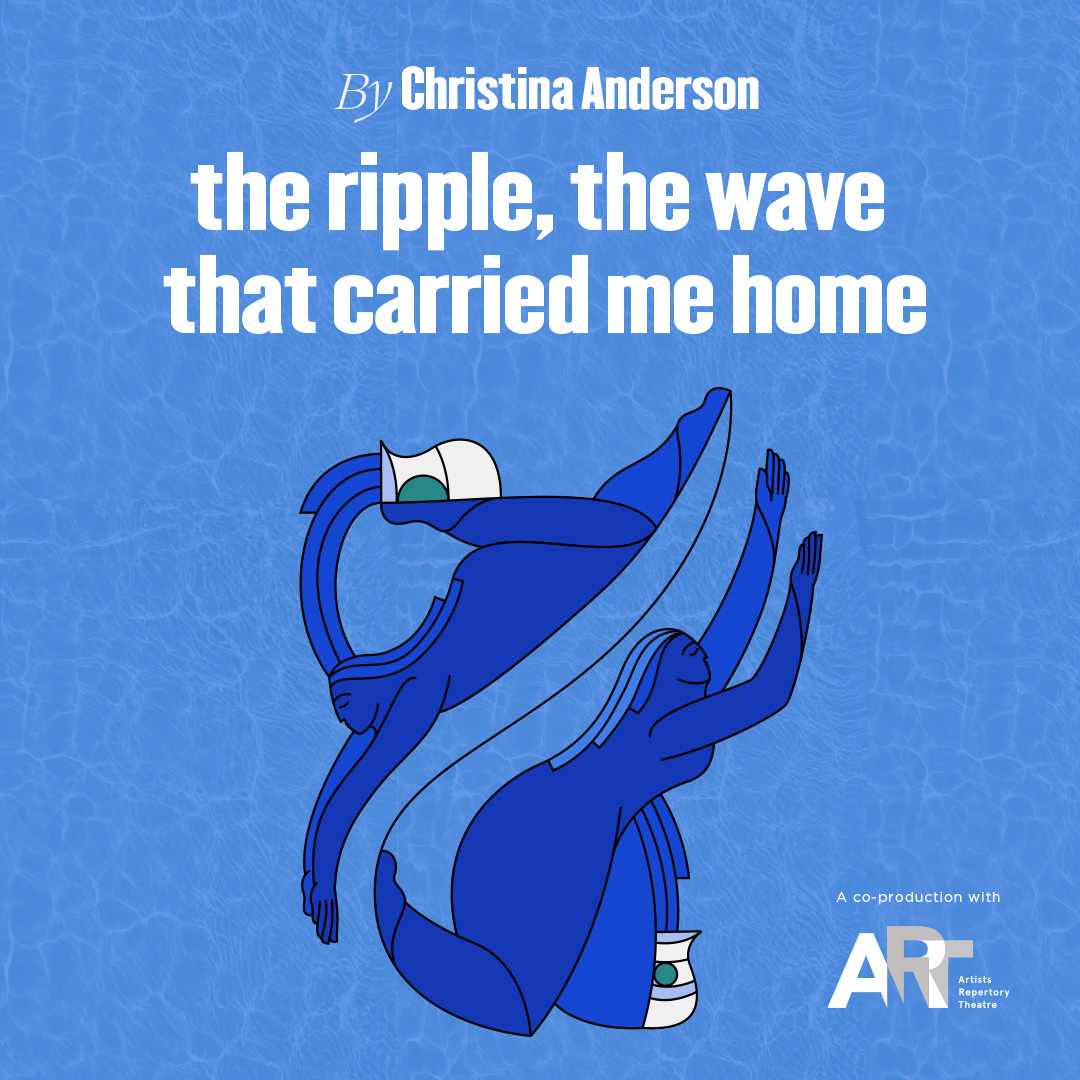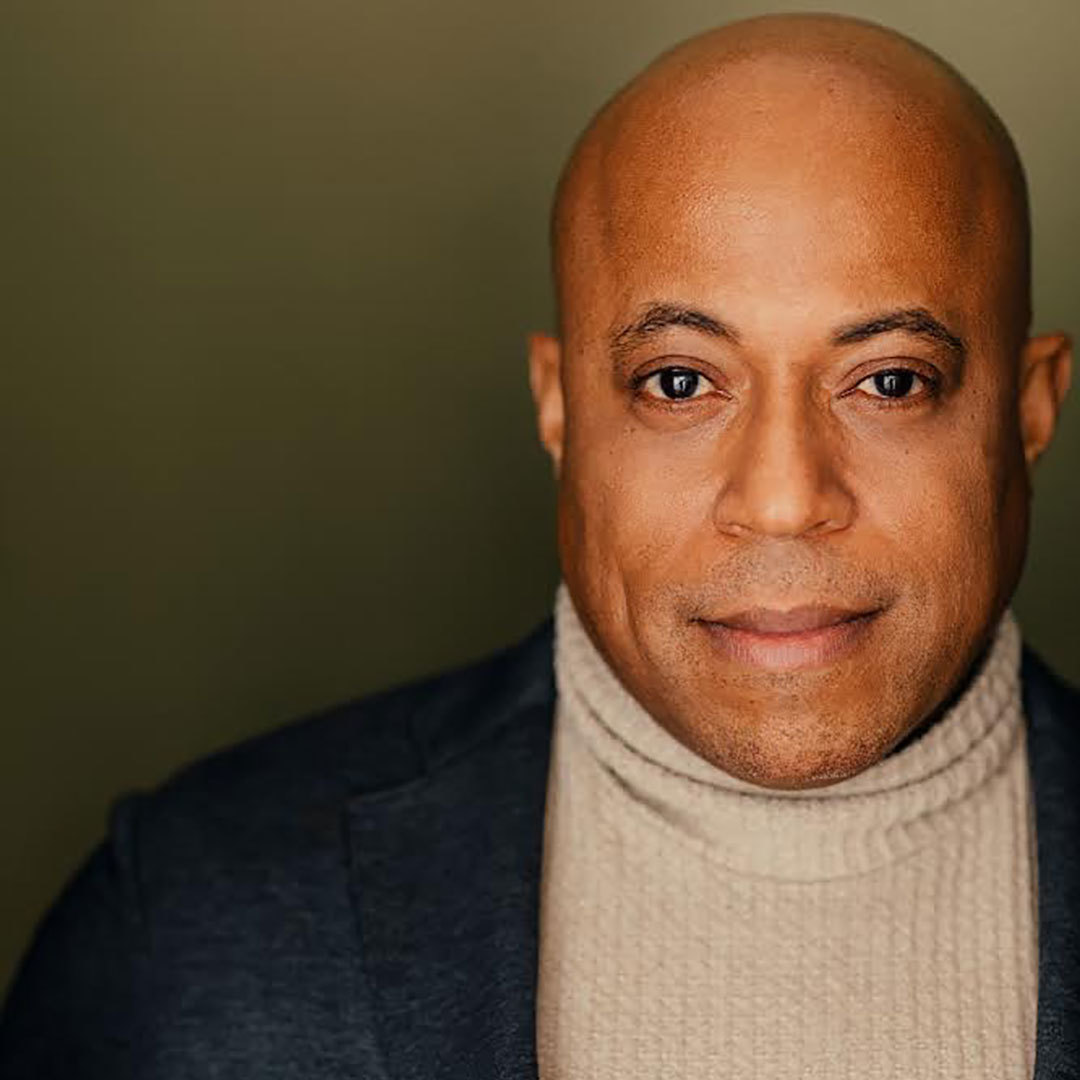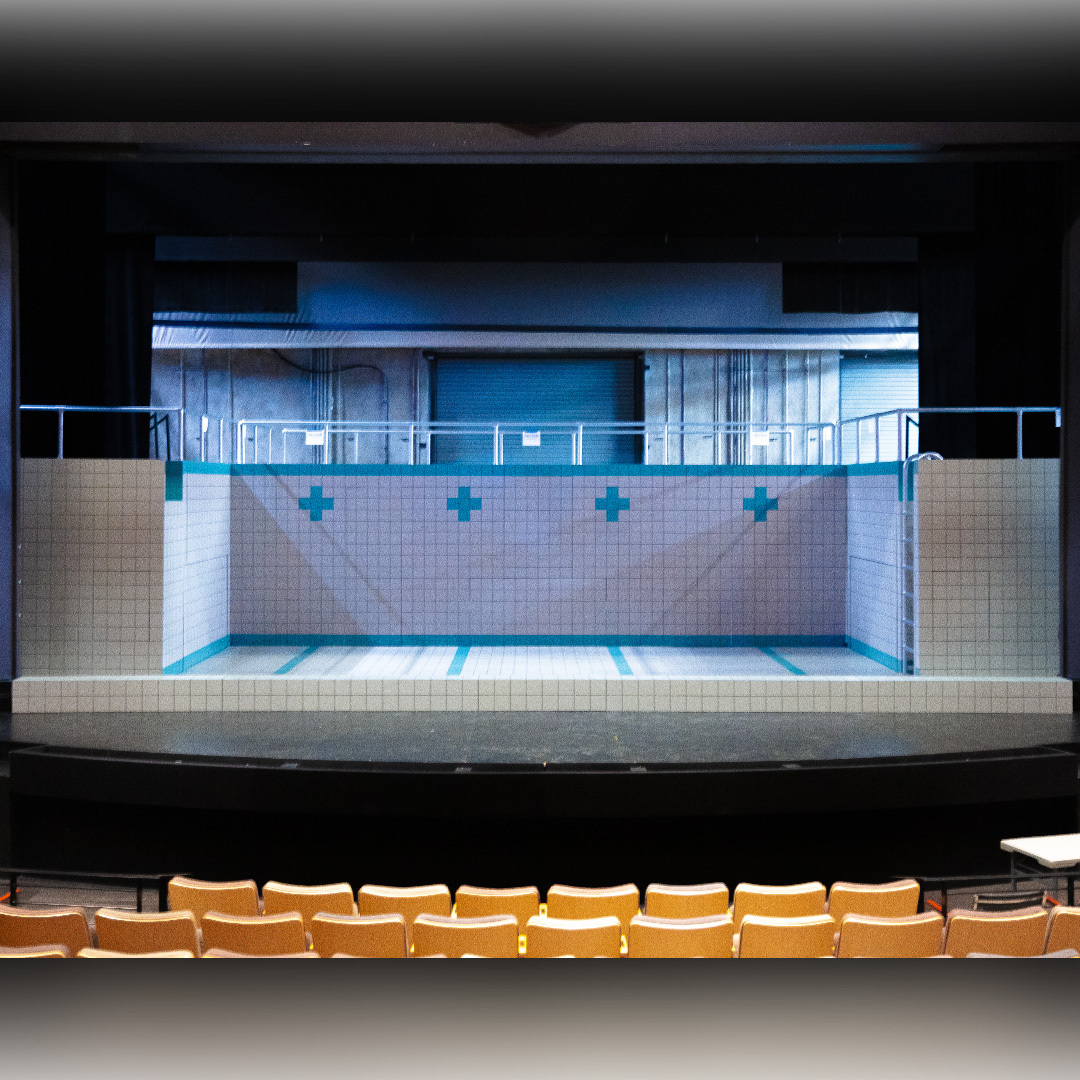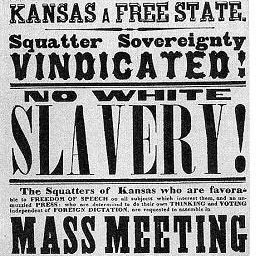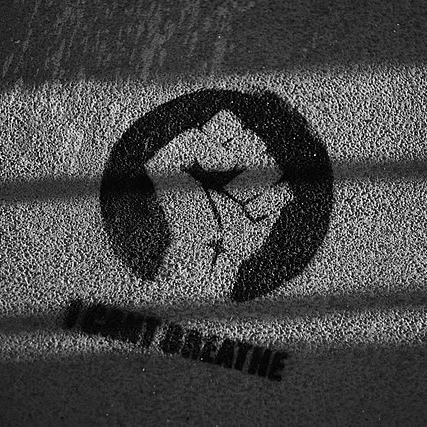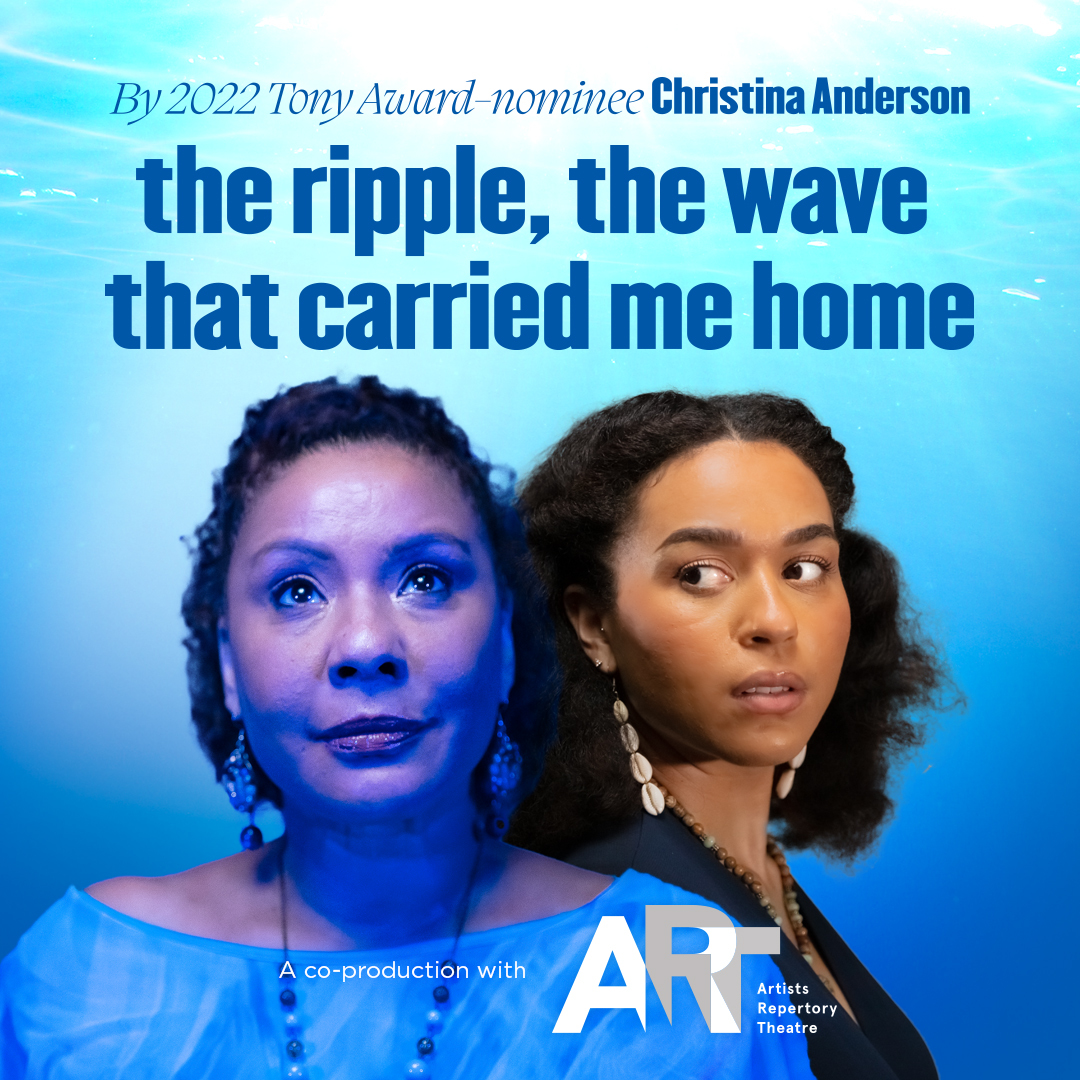Diving Deep: How Pool Segregation Sprung a Movement
Since the first public pool was opened in Boston in 1868, there have been strict regulations on who can and cannot share the water. Meant, initially, to function as a bathhouse for working-class immigrants, whose homes did not have indoor plumbing, pools were first segregated by class and by gender. When, however, swimming became less a practical need and more a recreational one, more lines were drawn in the sand, while others were erased.
In 1913, a pool opened at St. Louis’ Fairgrounds Park, and it became one of the first pools where people of all genders were allowed to swim together. This change, which public pools across the country began to adopt, sparked a new form of discrimination. Now, class and gender seemed to matter less in the face of race. Pools were now places where women laid out in their swimsuits to sunbathe, men lounged topless, and the possibility of both the social and physical intimacy of Black men interacting with white women alarmed officials. Soon, many cities with public pools declared them segregated — some allowing special days where Black people could swim. These pools were often drained and cleaned immediately to ensure that they would not spread germs to the returning white swimmers. Some excluded Black swimmers altogether, a rule which was often violently enforced.
The very next year, protests broke out in Pasadena over pool segregation. Black citizens argued that their tax dollars were funding facilities that they only had access to one day a week. The response was to ban them altogether. It would take 33 years for the pool to be opened to all Pasadenans, and just a year later, it was closed permanently. The protests that began in 1914, however, are often cited as the beginning of the Civil Rights Movement in the United States — a Movement that would span half a century and then evolve into the continued fight for the rights of Black Americans that we exist in today.
When, in 1931, Pittsburgh opened a public pool — a massive structure that could hold thousands of swimmers — 50 Black residents attempted to swim. According to the Post-Gazette the following day, “Each Negro who entered the pool yesterday was immediately surrounded by whites and slugged or held beneath the water until he gave up his attempts to swim and left the pool.” Days of similar violence followed and when negotiations between the NAACP and local government failed, a campaign was launched by the Black community: Vote out the officials who failed to keep them safe and swimming. This campaign led to Republican mayor Charles Kline being defeated by Democrat William McNair; the first democrat to hold this office in 27 years.
Nonetheless, attempts to desegregate pools proved to be ineffective in the long run, both in Pittsburgh and elsewhere. Between 1920 and 1940, there were more than 2,000 municipal pools in the country, and attempts to desegregate them led to privatization. Suddenly pools were only accessible through private country clubs and most clubs excluded Black people from joining as members. Soon after the Brown vs. Board of Education Supreme Court case ruled that school segregation was unconstitutional, the NAACP attempted to use this precedent to desegregate public pools in Baltimore. A federal judge ruled that pools were “more sensitive than schools” and therefore the Brown decision did not apply to them.
The country has come a long way since then — making strides at every turn. Black people across the country found ways to build their own swim teams and swim educational systems, and fight for the right to the water. People like Nate Clark, who in 1962 became the first Black swimmer in the NCAA Championship finals, Jim Ellis, who in 1971 created the Pride swim team in Pennsylvania, and Simone Manuel, Lia Neal, and Natalie Hinds, who in 2015 swept first, second, and third place at the NCAA swimming championship, are all reminders that even when denied access, the Black community will persist and succeed.
The personal remains political and the private, public. Access is the pursuit of any rights movement, so the fight to swim — to learn, to lounge, to recreate — has and continues to illustrate how private joys can lead to public power. For many Black Americans, our story here begins and ends at the water. Pools will never just be pools, water cannot just be water. It is a conduit to our culture, the place we became a people, and the beginning of a Movement.
Portland Center Stage is committed to identifying & interrupting instances of racism & all forms of oppression, through the principles of inclusion, diversity, equity, & accessibility (IDEA).


